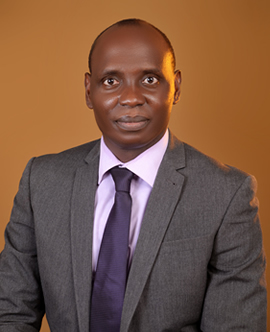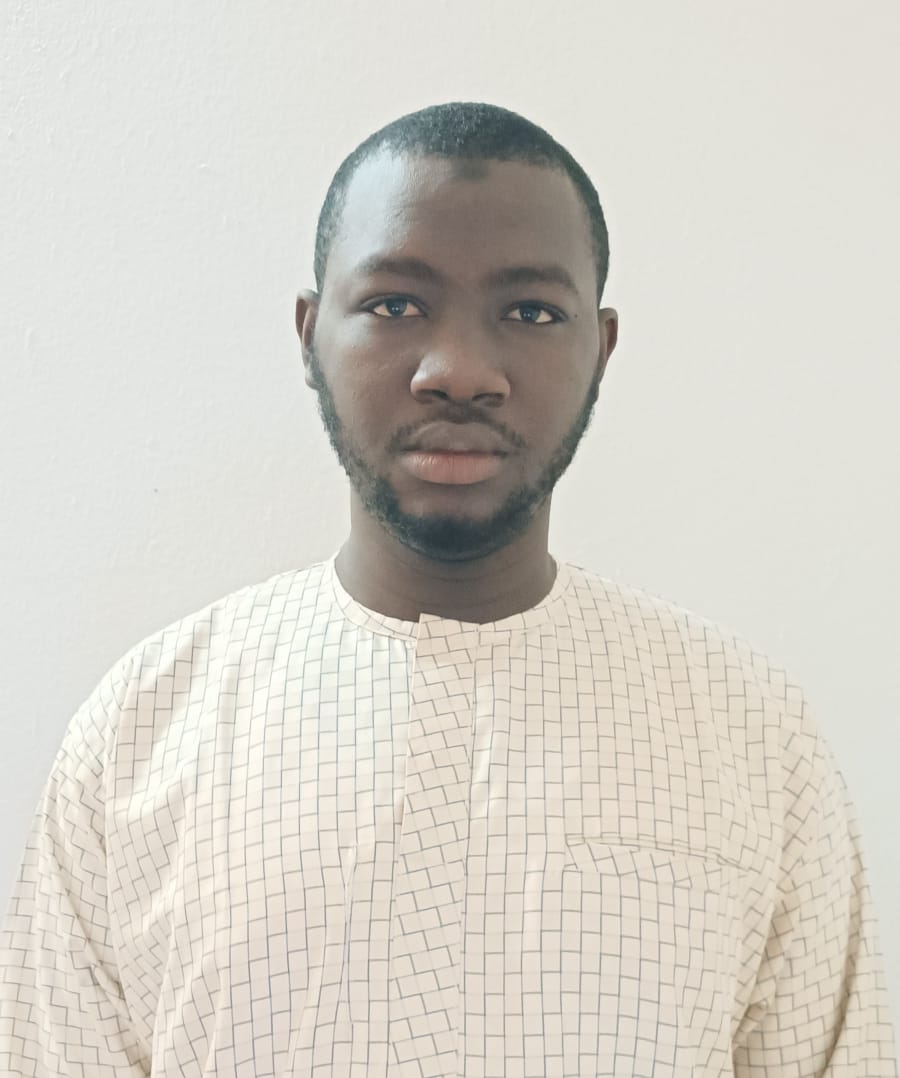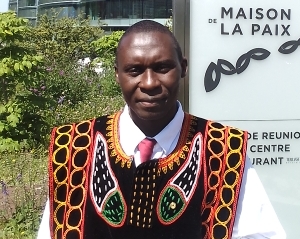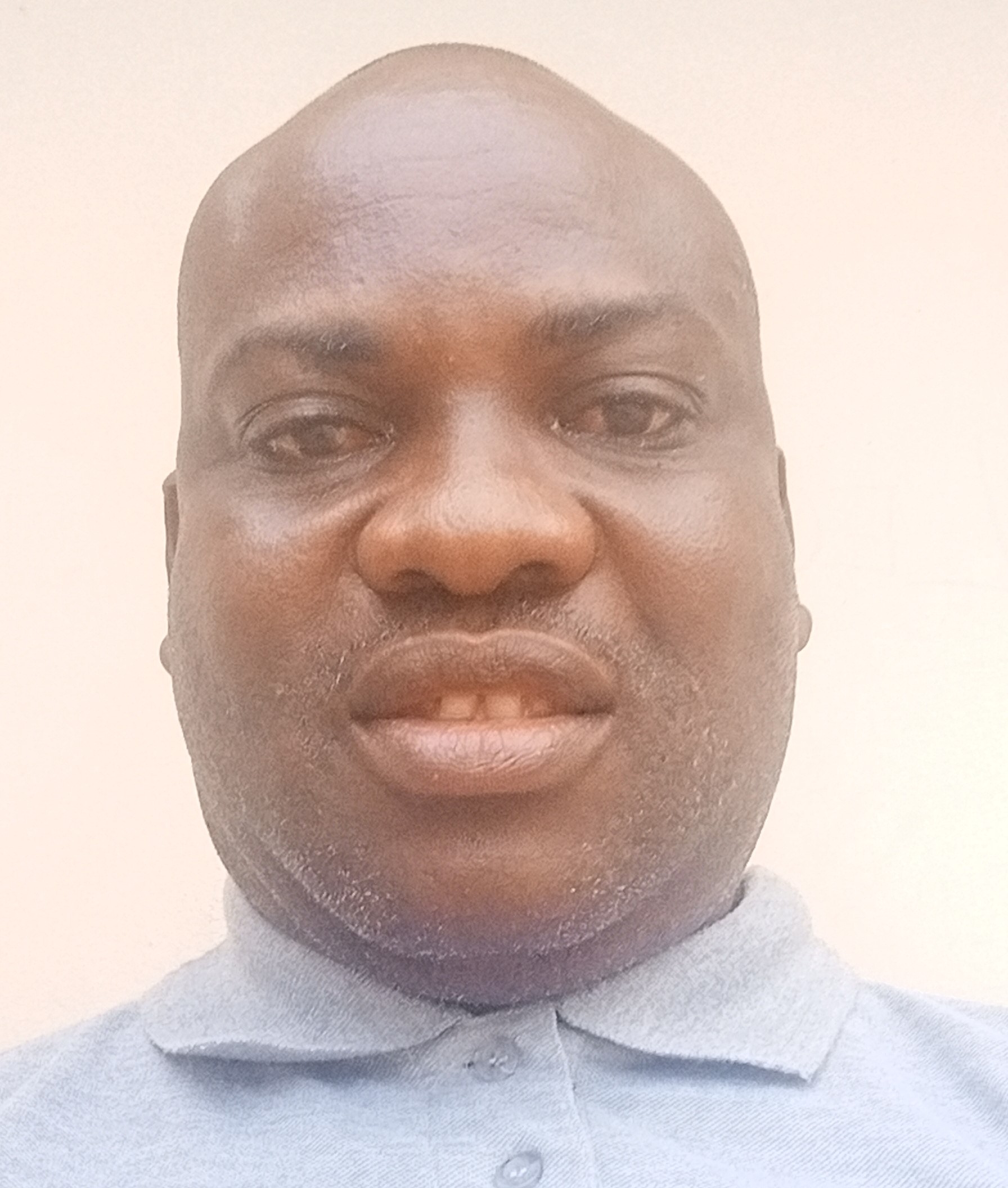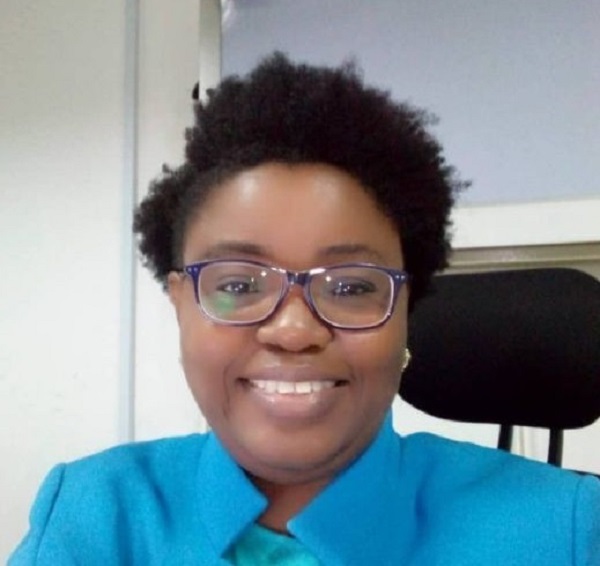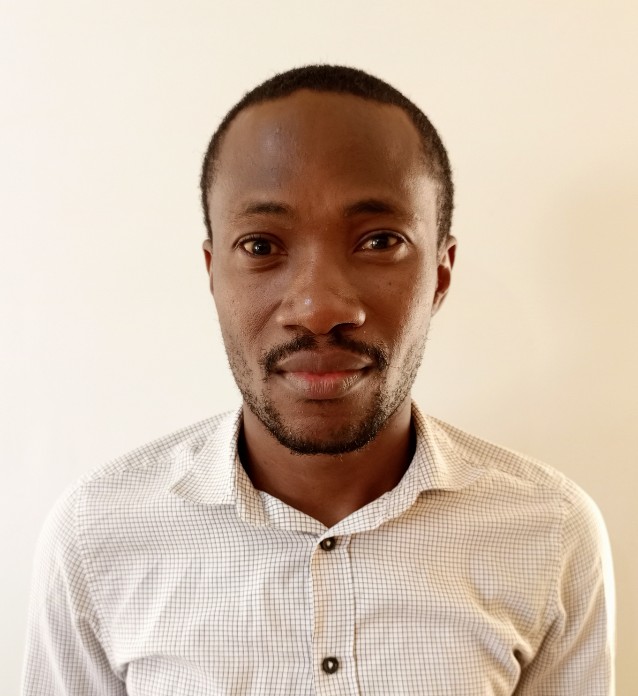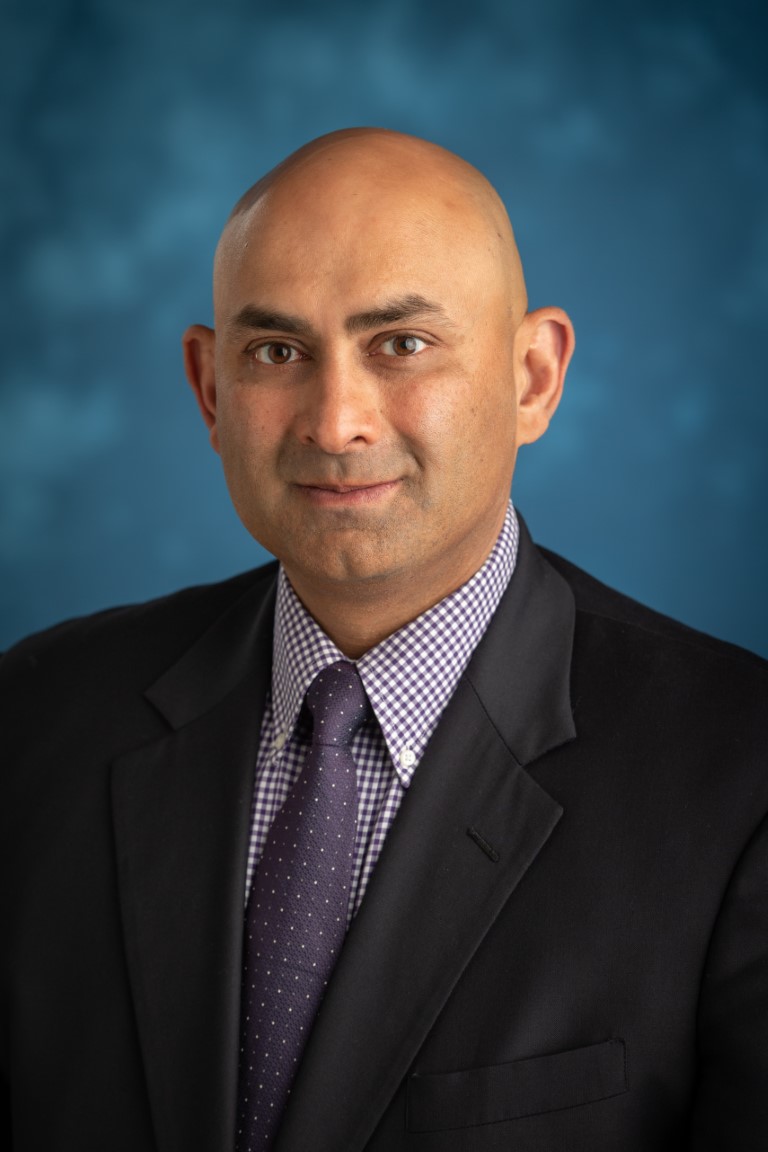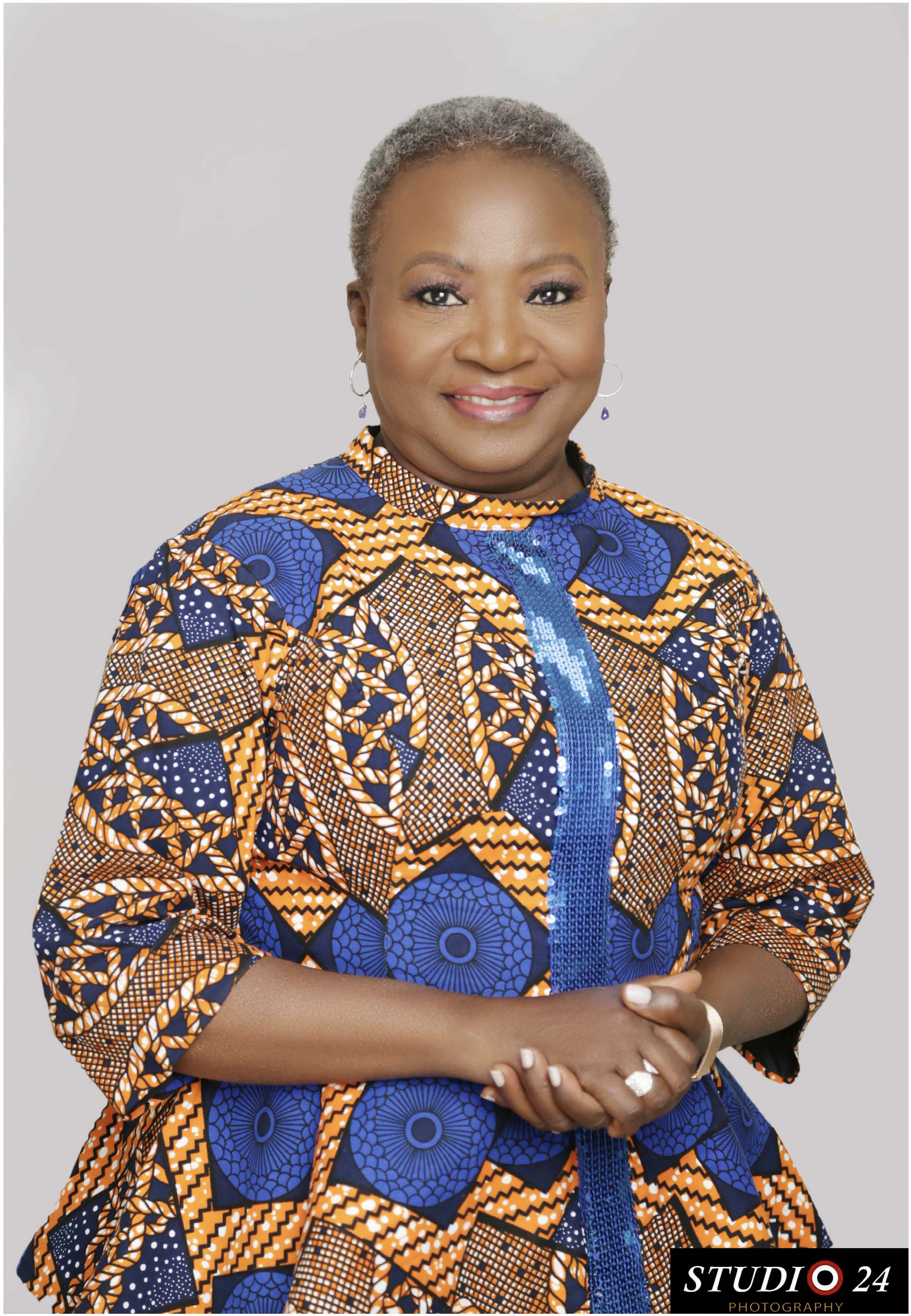Third Meeting of the DS-I Africa Consortium
3 November - 9 November 2023
Primary tabs
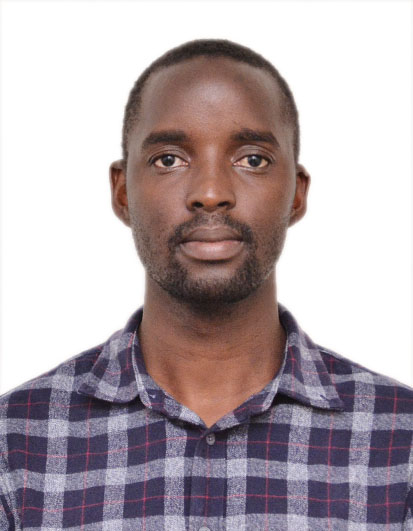
Dr Ronald Galiwango - Participant
eLwazi (Open Data Science Platform) (eLwazi Uganda Node Bioinformatician/Data Scientist)
Ronald Galiwango (PhD) is the Deputy Director and a resident bioinformatics/data scientist at the African Center of Excellence in Bioinformatics and Data Intensive Sciences (ACE) at the Infectious Diseases Institute, Makerere University. He is also a co-founder for the Center for Computational Biology, Uganda Christian University - an entity that brings together various quantitative scientists in the country. He has excellent programming skills (e.g., R, python). He also teaches on the MSc/PhD Programme in Bioinformatics at Makerere University. Under this role, he has taught R programming and Bioconductor, Python programming, PopulationGenetics and Genomics and African Genome Diversity and Disease. He is a co-lead for the COAST project's Modelling work stream, a project that is building End-to-end AI and data systems for targeted surveillance and management of COVID-19 and future pandemics affecting Uganda. He is also part of the project's air quality work stream that performs geographic risk profiling of COVID-19 based on air quality data. He is on the training management committee and is a mentor on an NIH funded data science training programme under the DSI-Africa Initiative, MakDARTA (Makerere University Data Science Research Training to Strengthen Evidence-Based Health Innovation, Intervention and Policy. He is generally interested in using quantitative approaches to answer epidemiology research questions as well as biomedical and public health problems; including big data science, genomics, phylodynamics, mathematical modelling and simulation. He also has a strong passion for training and mentorship. He obtained an undergraduate first-class honors in Mathematics (Major) and Statistics (minor) from Makerere University, Uganda in 2013 under the government sponsorship scheme. He is a recipient of a Commonwealth Fellowship which enabled him to undertake an MPhil in Computational Biology at the University of Cambridge, UK in 2014. For his Masters degree project, he developed a computational method for exploring fatty acid profiles from plasma phospholipids, as a tool for understanding metabolic and nutritional health and disease. In 2016, he was awarded a Fogarty-NIH PhD fellowship to undertake a PhD in Computational Epidemiology (Epidemiology, Bioinformatics) at the University of Georgia, USA which he completed in 2019. He also used his time on the PhD to obtain training in data science (DataCamp data science track). For his PhD project, he investigated the role of the social network of a TB patient in transmission of Mycobacterium Tuberculosis using social networks of index Mycobacterium Tuberculosis patients, pathogen Whole Genome Sequences and Epidemic Network Modelling. He was awarded a one-year, NIH funded post-doctoral position under the BRecA program (Nurturing Genomics and Bioinformatics Research Capacity in Africa) in 2020 which enabled him to study the relationship between Air Quality, Human Mobility, Meteorological conditions and COVID-19. He has previously worked under the MRC-Uganda Virus Research Institute (UVRI) as a computational biologist. With the team at the Center for Computational Biology, Uganda Christian University, he has contributed to national COVID-19 control through modelling of the transmission dynamics of SARS-CoV-2 leading to the development of key policy briefs. The team has also published blogs on the socio-economic implications of the COVID-19 pandemic in Uganda including the implications of school closure during the pandemic on Teenage Pregnancy rates and the impact of COVID-19 preventive measures on Uganda's Export earnings and GDP. He has co-authored various peer-reviewed publications including; Molecular Epidemiology and Evolutionary Dynamics of Human Influenza Type-A Viruses in Africa; Association between tuberculosis in men and social network structure in Kampala, Uganda; Employing phylogenetic tree shape statistics to resolve the underlying host population structure; Bioinformatics mentorship in a resource limited setting; Assessing a transmission network of Mycobacterium tuberculosis in an African city using single nucleotide polymorphism threshold analysis; The effect of current Schistosoma mansoni infection on the immunogenicity of a candidate TB vaccine, MVA85A, in BCG-vaccinated adolescents: An open-label trial etc. He is currently on a postdoc fellowship funded by the US National Institutes of Health (NIH) where he is using machine learning to characterize longitudinal trajectories of detectable Viral Load patterns among Persons Living with HIV (PLWH) receiving Antiretroviral Therapy (ART) in Uganda.
